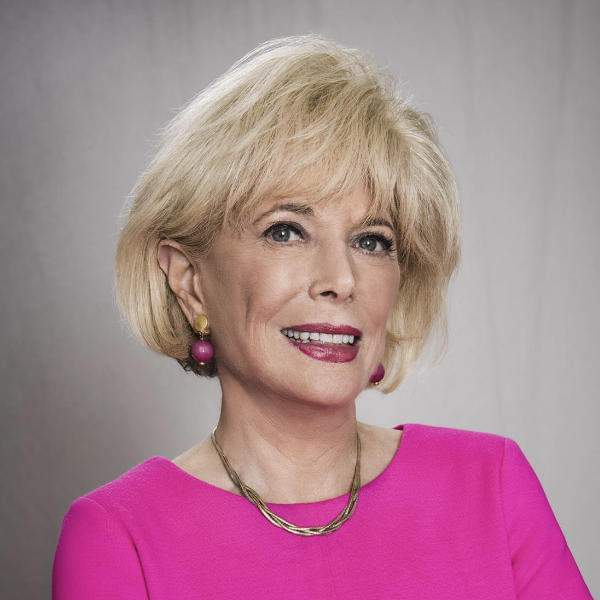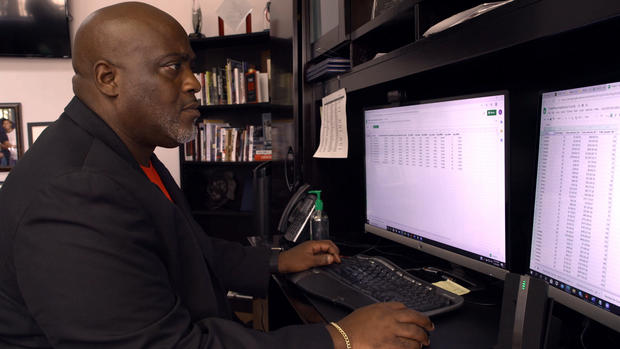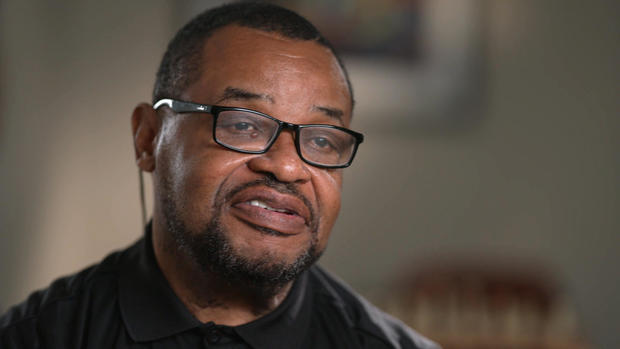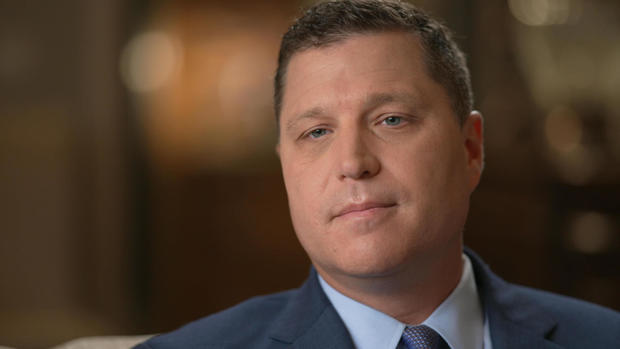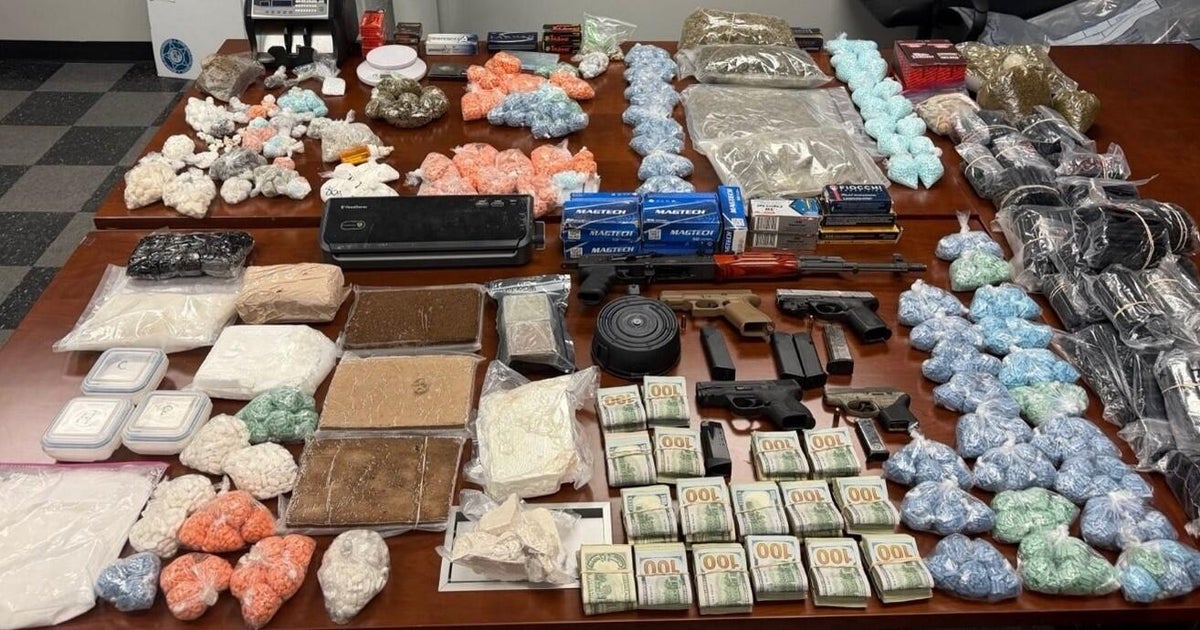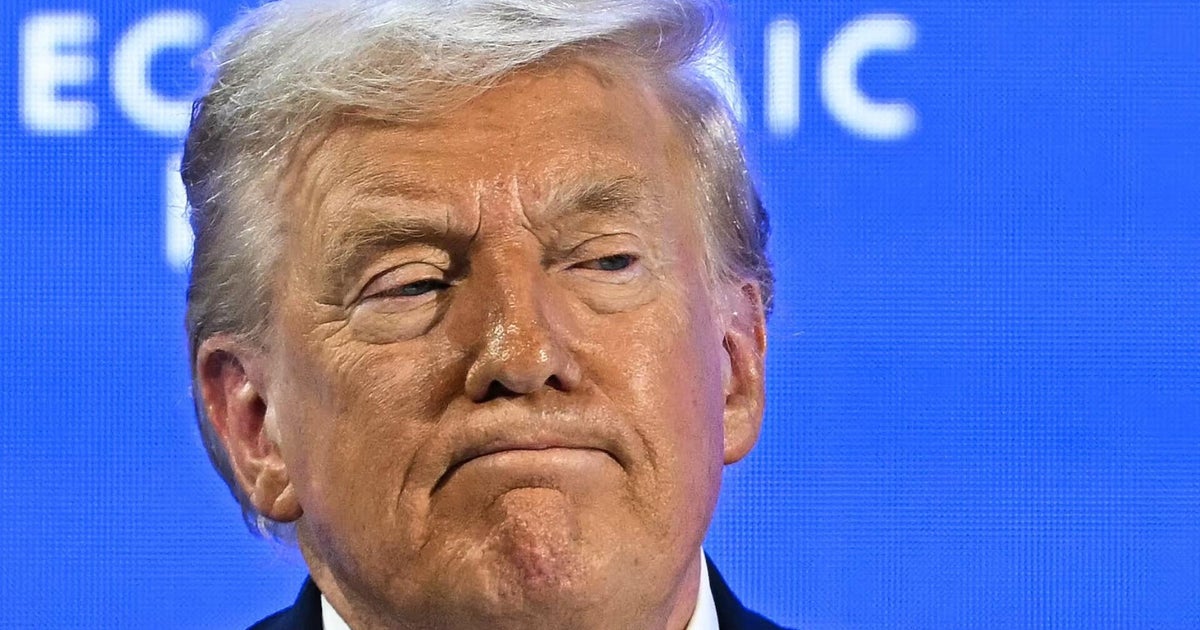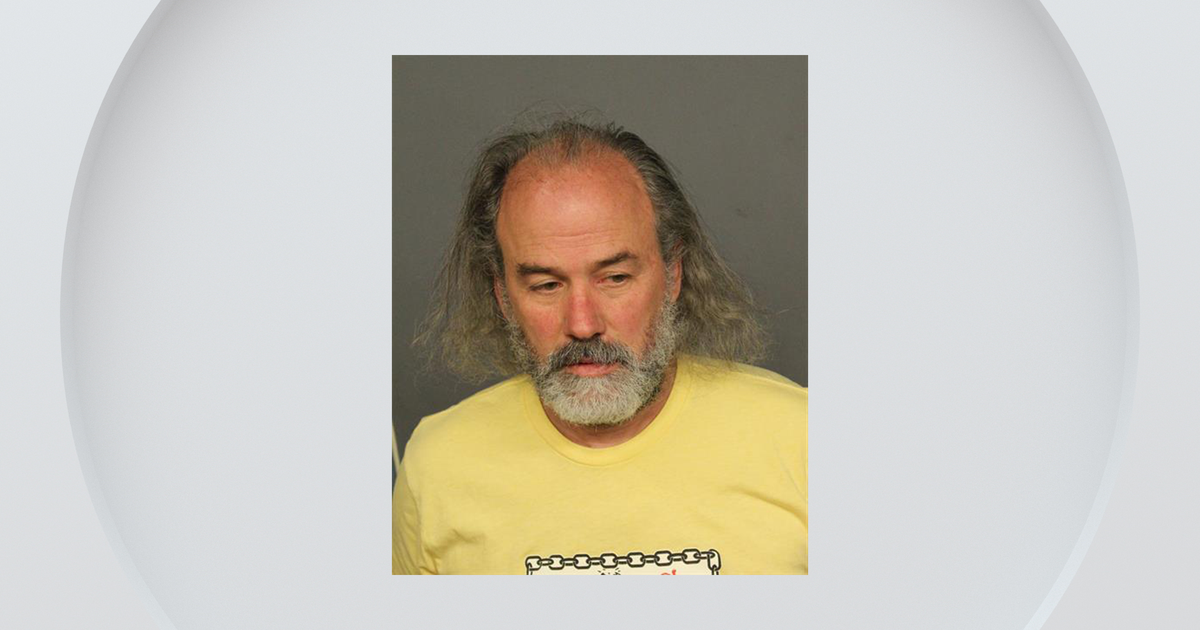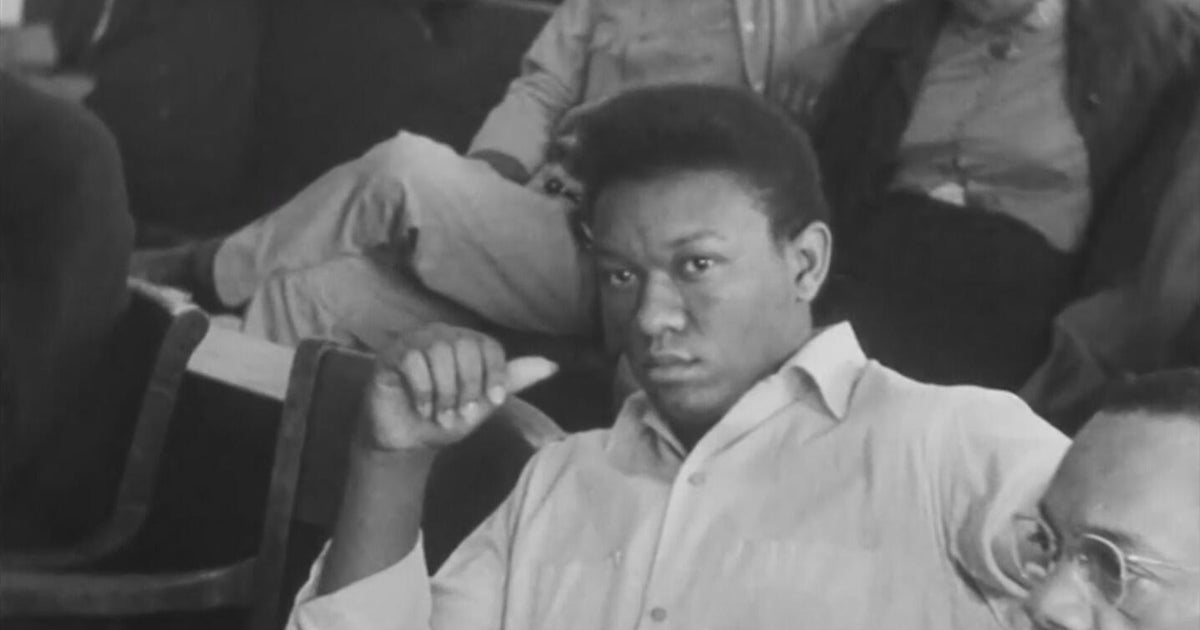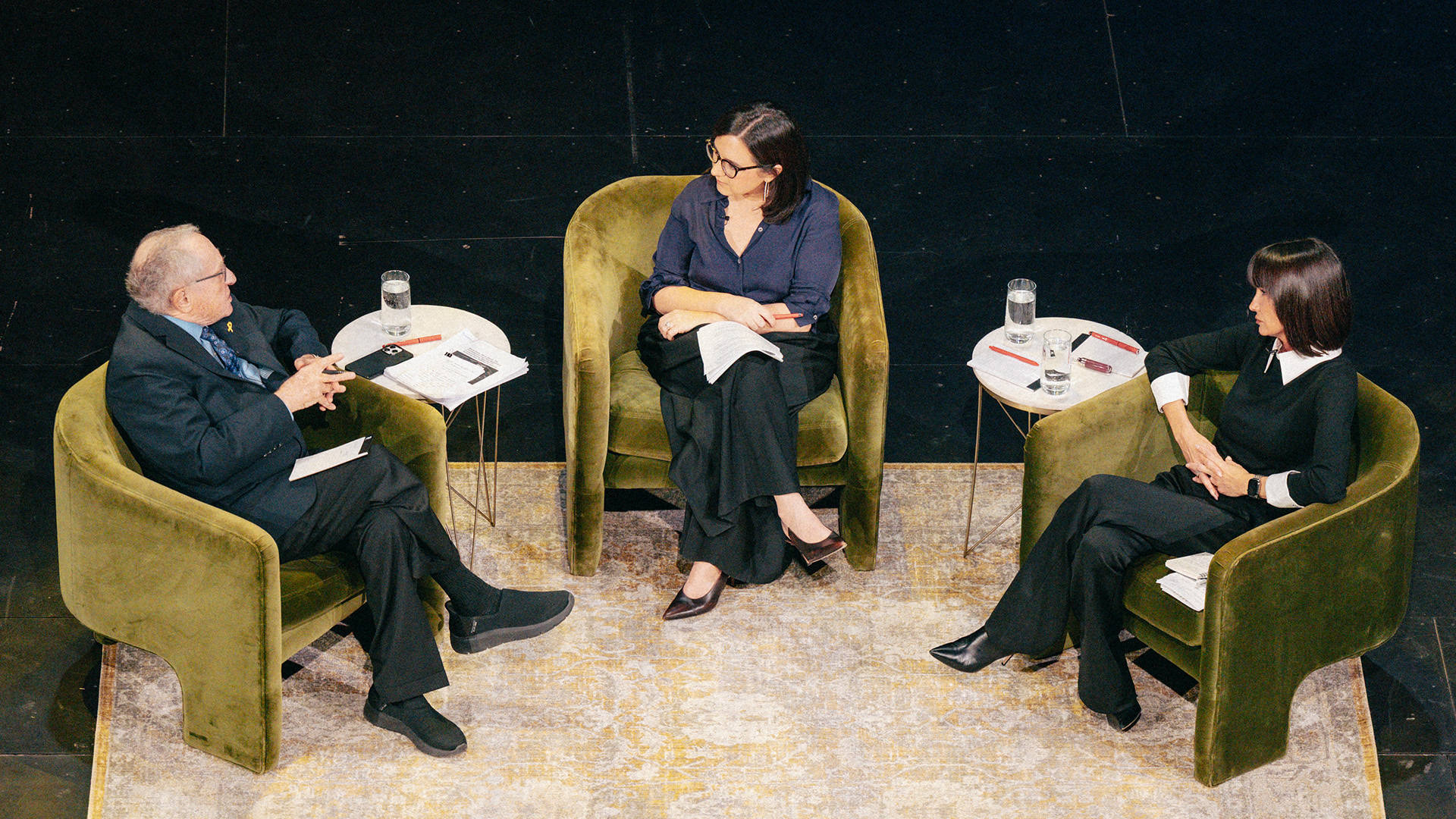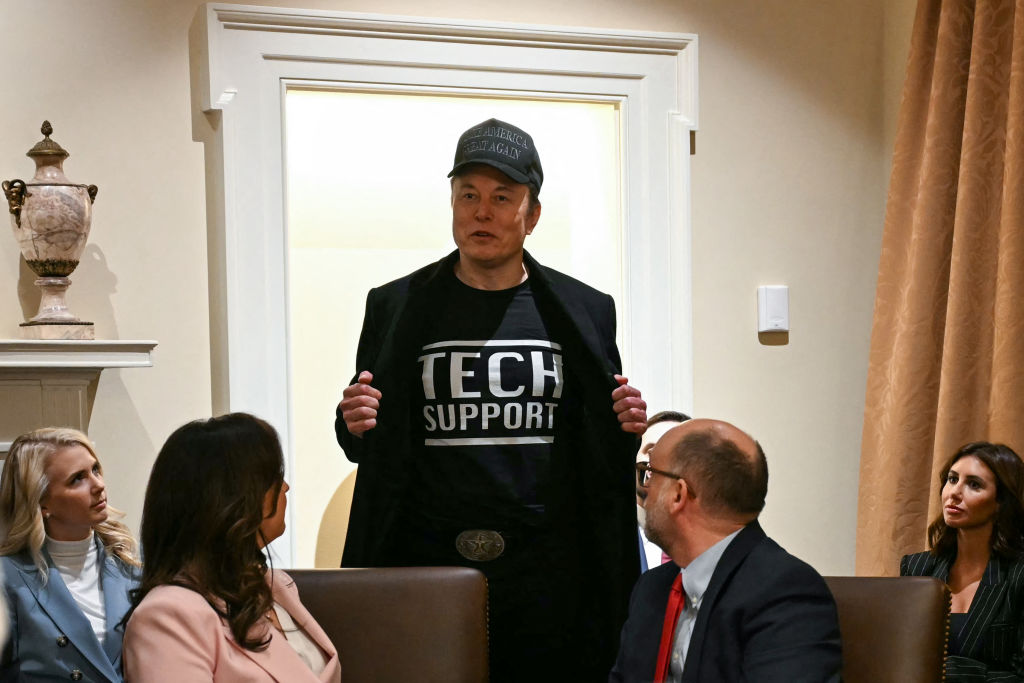The legal and political fight over Amendment 4, granting as many as 1.4 million Florida felons the right to vote
President Trump campaigned this past week in Florida, a crucial swing state he won by a narrow margin in 2016. Then, two years later, Florida voters in a brief bipartisan moment, approved an amendment to the state's constitution that restored voting rights to as many as 1.4 million residents who'd been barred from voting because they had a prior felony conviction. Amendment 4 had only two conditions: those convicted of murder or felony sexual assault did not qualify; and felons first had to complete, "all terms of sentence including parole or probation." It was the single largest addition to the country's voting population in half a century. But then things got complicated.
Lesley Stahl: Do you know what percentage of the Florida population had been denied the vote?
Desmond Meade: Up until Amendment Four, approximately 10% of the voting age population was denied the franchise.
Desmond Meade came up with Amendment 4. A felon himself, convicted of drug and firearms possession, he couldn't vote for 30 years.
Desmond Meade: Florida disenfranchised more people than the population of over ten states and U.S. territories, and over 40 countries in the world.
Lesley Stahl: And how many of them were African Americans?
Desmond Meade: One in every four could not vote because of a prior felony conviction.
Lesley Stahl: Well, tell us what some of the felonies are in Florida that make it unusual.
Desmond Meade: Releasing helium-filled balloons in the air is a third degree felony in Florida. Then you have things such as catching a lobster whose tail is too short, disturbing turtle nesting eggs, driving with a suspended license. Those are the type of crimes that, if a person is convicted of, they would actually lose the right for the rest of their life.
Most of the convictions in Florida are for more serious crimes. But the history of disenfranchisement in the state goes back to the years after the Civil War.
Desmond Meade: Now we know that the original intent of these policies were to keep newly freed slaves from being able to participate in democracy. But like a tumor left unchecked, it just grew. And it affected everybody.
Lesley Stahl: Well, tell us about you. You committed crimes. You had a drug addiction. Tell us your story.
Desmond Meade: Well Lesley, you know, I always start my story back in August of 2005, when I was standing in front of railroad tracks in south Florida, waiting on a train to come so I can jump in front of it. I was homeless. I was addicted to crack cocaine. I was unemployed, recently released from prison. And I didn't see any light at the end of the tunnel. And so I waited and I waited there.
Lesley Stahl: So the train never came?
Desmond Meade: The train never came. In one of the busiest tracks in Dade County, the train did not come that day.
So he moved into a homeless shelter, and went to school: college, then law school.
Desmond Meade: And in May of 2014, I graduated with a law degree.
He has the diploma, but he can't practice because he's a felon. And unlike in the vast majority of states, he couldn't vote. So he used his law school training to help write Amendment 4, building statewide support - winning endorsements from the ACLU, but also the coservative Koch brothers. The amendment passed in 2018 with nearly 2/3 of the Florida vote.
Lesley Stahl: When Amendment 4 passed, did you register to vote?
Clifford Tyson: The first night that it passed, I went on the internet and I registered, yes.
Pastor Clifford Tyson was politically active back in college, before committing robberies and theft. That was long ago. Still, he thought he'd never get a chance to vote. But last year, he cast a ballot in the primary for mayor of Tampa.
Clifford Tyson: When they handed me my ballot, I started crying. I'm 64 years old. I remember when my grandmothers and my mom, them-- had to vote, and what they had to go through. Getting all the way to the polls, even after they had their rights, and then they would have to count the jelly beans in the jar just to go in.
Lesley Stahl: They weren't allowed to vote if they couldn't guess how many jelly beans were in a jar?
Clifford Tyson: Yes.
Desmond Meade also got emotional when he registered.
Desmond Meade after registering: This represents me being a citizen again!
But the euphoria was short-lived. Several months later, after a reported 12,600 felons registered, mostly as Democrats, Florida's Republican legislature passed a law, called SB7066, to clarify the amendment.
Lesley Stahl: Why did it need clarification?
Jeff Brandes: We needed to parse through the law and figure out what "all terms of sentence" meant.
Republican State Senator Jeff Brandes, who helped write the law, says it defines "all terms of sentence" as more than just time served, parole and probation. It also means that felons have to pay their financial penalties. And so, out of nearly 1.5 million felons who regained the right to vote, 774,000 lost the right because of debt.
Lesley Stahl: If you have some money, you get to vote. If you don't have money, you don't get to vote. Is that right?
Jeff Brandes: Well, that's not really the question in Florida. The question in Florida is, "Are you a felon?" And if you are a felon, "Have you completed all terms of your sentence?" Part of that sentence included fines, fees and restitution. All we've said is, "They must complete all terms of their sentence," which is exactly what the voters voted for in the state of Florida.
Lesley Stahl: I think a lot of them didn't quite understand this part about paying off--
Jeff Brandes: Well, then the question is, was the constitutional amendment ambiguous?
Possibly. Early on, advocates of the amendment also said that financial obligations are part of the sentence, because Florida lets felons pay their debts long after their probation and parole are over. But the new law says so long as that debt is still owed, felons can't vote.
Lesley Stahl: How much does the average ex-felon owe in terms of money?
Desmond Meade: From what we're seeing, the majority of folks, anywhere in the neighborhood of around $1,500.
Lesley Stahl: And can most of these ex-felons afford that?
Desmond Meade: No, I would say that they couldn't.
Lesley Stahl: Isn't it unconstitutional to make someone pay to vote?
Desmond Meade: The 24th Amendment, I believe made that unconstitutional, that you should not. But unfortunately, that's what we're facing here in Florida.
The new law mandates that felons certify they're good to vote, in other words: that they've paid up. Lying on the form, well, in Florida that's a felony. But here's the rub, a lot of these felons can't find out how much they owe in fees, fines, and restitution. Like Pastor Tyson.
Lesley Stahl: Right now, do you have any outstanding fees or fines or any money you owe?
Clifford Tyson: Miss Stahl, nobody knows. This is the problem. There is no way of tracking who paid what for the last 40 years.
That's because each of Florida's 67 counties has its own archive of sentencing documents - this one's in Hillsborough County. With no one centralized system, records can be missing, conflicting, inaccurate, or scattered. And restitution to victims is often not tracked at all. We saw old debts handwritten on index cards; some are only available on microfiche.
We visited a hotline in Orlando run by felons who help other felons figure out how much they owe so they can register to vote. Clearing one case can take up to three weeks.
CHAZ: So if they have four separate felonies in four separate counties, two of those counties may be very helpful and, "Sure. Whatever information you need. How can we help?" While the other two are just draconian and slow, and seemingly unwilling to help us in our quest to help these returning citizens.
Pastor Tyson sued Florida to get his right to vote back, after trying, in vain, to figure out how much he owed.
Clifford Tyson: I'm represented by about 30 lawyers between the Brennan Law Group, NAACP, array of people. And they can't find out.
Lesley Stahl: This is crazy.
Clifford Tyson: It's crazy but it's designed. To me, it's like a poll tax. Okay? Voter suppression.
Lesley Stahl: Whose vote are they trying to suppress?
Clifford Tyson: Black and Brown, lower income voters – it affects them most.
Lesley Stahl: What do you say to people who argue that the law, SB 7066, is kinda like the roadblocks that were put up for Black voting back in Jim Crow days, where there were literacy tests and poll taxes and jelly bean tests, all kinds of hurdles to voting?
Jeff Brandes: I have worked every year to try to improve the lives of those people involved in the criminal justice system in Florida. And even in this piece of legislation, I have tried to create opportunities for individuals who can't pay – or have some financial difficulty paying - to go back to the court and convert them to community service or to go to the court and ask for those fines and fees to be reduced.
Lesley Stahl: But the election's coming up. There's a cut-off for registration, October 5th. And a lotta these people cannot find out to this day what they owe.
Jeff Brandes: Well, I think that's where we need to be working with local clerks of Court, and moving this process along as quickly as possible.
In May, a judge ruled in Pastor Tyson's favor, saying that Florida has created an "unconstitutional pay-to-vote system." But this month, an appellate court reversed that judgment, saying the law is "legitimate" and constitutional. Both sides expect this will end up in the Supreme Court. But for now, even though Amendment 4 passed with overwhelming bipartisan support, most felons in Florida won't get to vote in November. So Desmond Meade is raising money to pay off the debts of felons who want to vote, from people like John Legend, LeBron James, and Michael Jordan. As well as Michael Bloomberg, who has raised a reported $16 million for the effort.
Desmond Meade: If the courts, the State of Florida, wanna hold our democracy hostage in Florida, we've got patriots around this country that's gonna step up and say, "You know what? We gonna pay these people fines and fees. We're gonna free democracy. We're gonna pay the ransom."
He's collected at least $23 million, which he estimates will clear over 20,000 felons. That's led Florida's Republican attorney general to question whether the donations are an illegal incentive to vote.
Desmond Meade paid off his debt, so last month, in the Florida primary, he finally got to vote.
Lesley Stahl: I'm gonna read you what you said at the time, "When I went in there to vote, I didn't just take my family in there with me, I brought all of my ancestors that were hung on trees, that were burned, that was bitten by dogs, that was sprayed by fire hoses. I brought their spirit with me in there."
Desmond Meade: Our people went through that. We've been constantly fighting. Amendment Four was nothing but a continuation of the Civil Rights fights. And we're still fighting.
Produced by Shachar Bar-On. Associate producer, Natalie Jimenez Peel. Broadcast associate, Wren Woodson. Edited by Sean Kelly.
